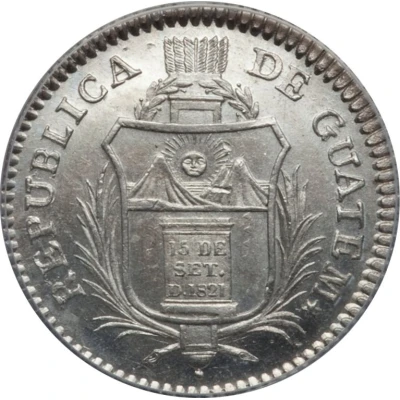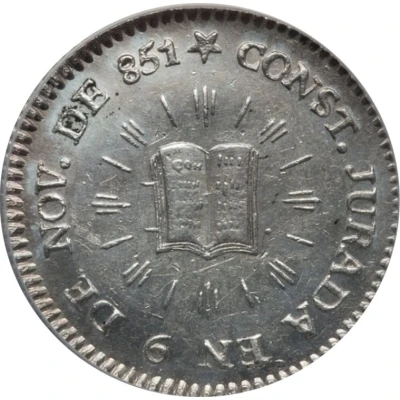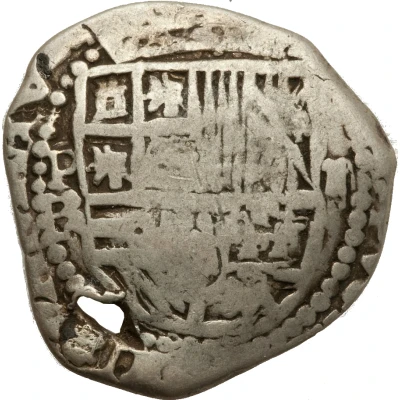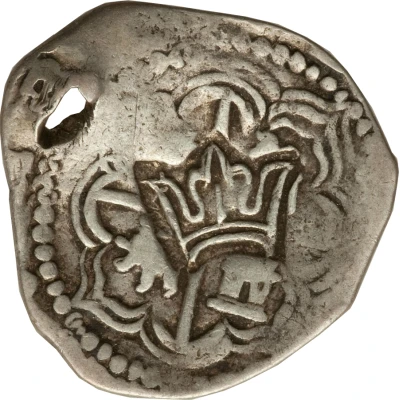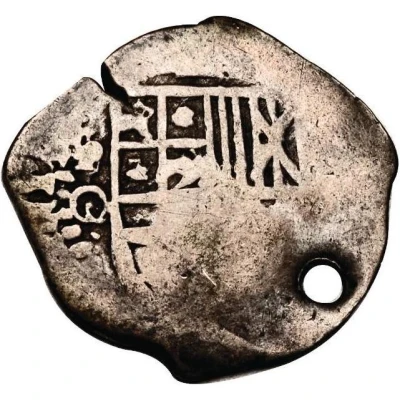
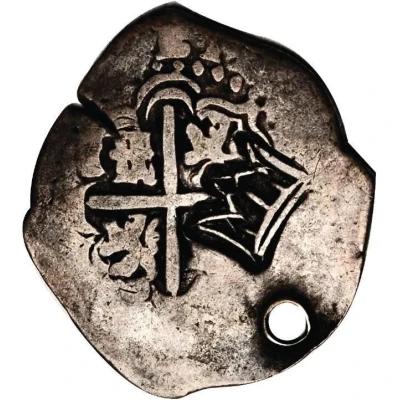

2 Reales - Philip IV Provisional countermarked coinage ND
1663 year| Silver (.931) | 6.7667 g | - |
| Issuer | Guatemala |
|---|---|
| King | Philip IV (1621-1665) |
| Type | Standard circulation coin |
| Year | 1663 |
| Value | 2 Reales |
| Currency | Real (1733-1859) |
| Composition | Silver (.931) |
| Weight | 6.7667 g |
| Shape | Cob |
| Technique | Countermarked, Hammered (cob) |
| Demonetized | Yes |
| Updated | 2024-10-05 |
| Numista | N#17172 |
|---|---|
| Rarity index | 93% |
Comment
Provisional coinage; before Guatemala was able to mint their own coins they had a steady supply of currency from Bolivia, Mexico and Peru. These coins were then stamped by the local authority to ensure people would accept them for trade as they would be backed up by the regional authorities. These coins were stamped around the middle of the XVII century. Most of the coins weren't even stamped and just circulated as they were.And this was enough for the region for a while, until later the commerce grew and a local mint became a necessity and their own coins started mintage in 1733.
Type I Crown counter-mark on:
KM#A1.1 - Host coin Lima 2 Reales
KM#A1.2 - Host coin Bolivia 2 Reales
Interesting fact
One interesting fact about this coin is that it was part of a provisional countermarked coinage issued during the reign of Philip IV of Spain, who ruled from 1621 to 1665. The countermark was a stamp or symbol added to the coin to indicate that it had been certified or authenticated by a local authority, in this case, the authorities in Guatemala. This practice was common during the colonial era, as it helped to ensure the authenticity and value of coins in circulation, especially in remote regions where official minted coins may not have been readily available.
